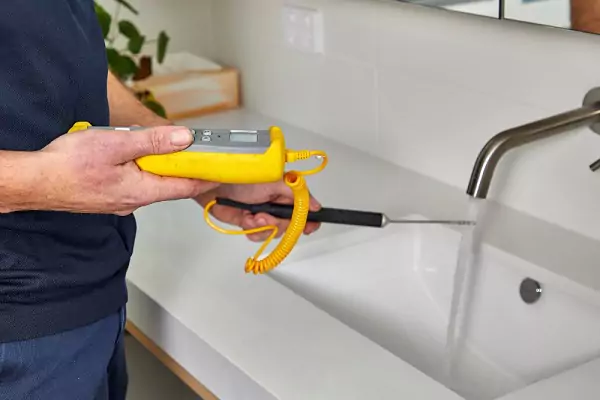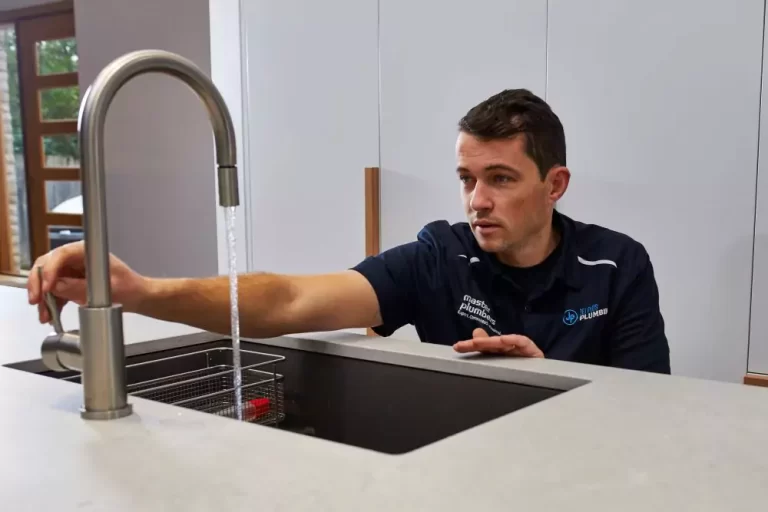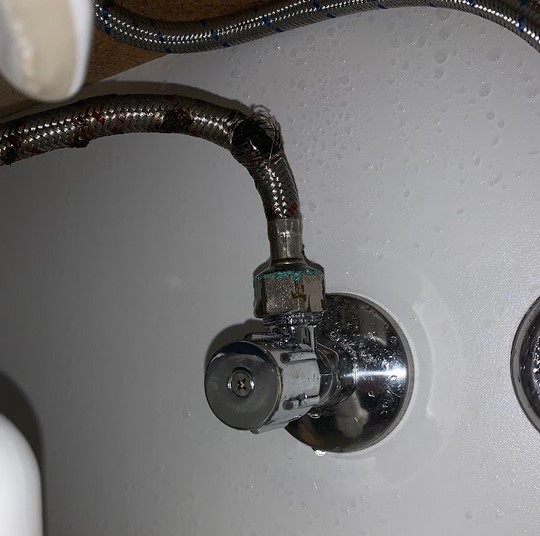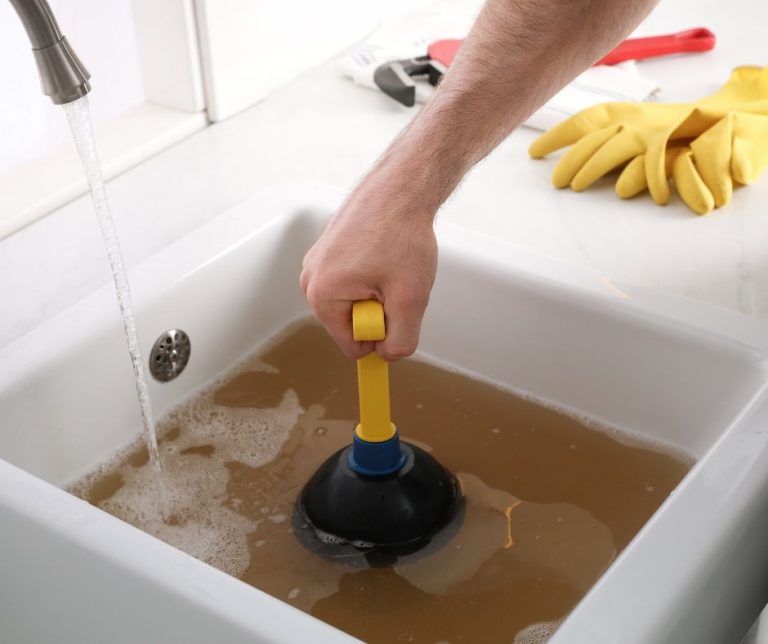How to Save Money in a Plumbing Emergency | Jet Plus Plumbing
Plumbing emergencies don’t wait for a convenient time. They strike fast and can cause major damage in minutes. If you have a burst pipe, overflowing toilet, blocked stormwater, or gas leak, act quickly. What you do in the first few minutes can change a simple repair into a costly disaster.
As a professional plumber in Melbourne, we have seen how homeowners can lower stress and save money. They can do this by knowing a few important things about their property.
1. Know How to Turn Off the Water at the Meter
This is your number one defence against major water damage.
When a pipe bursts or a fitting fails, you need to shut off the water supply immediately. You can usually find your water meter at the front of your property, close to the street. Open the lid and turn the tap or lever clockwise to stop the water.
Don’t wait until an emergency. Practice this now so you can act quickly when it counts.
For more insights into water issues, read our blog Why Has My Water Pressure Increased?
2. Know How to Turn Off the Gas During a Gas Emergency
Gas leaks are serious. If you smell gas, switch off the gas at the meter and leave the area.
You typically mount your gas meter on the side of your home or near the front. Turn the valve so it is at a right angle to the pipe to shut it off. Then call your gas provider or a licensed emergency plumber.
Never ignore a gas smell. It could lead to an explosion or severe health risk.
3. Know How to Turn Off the Hot Water Unit
A leaking hot water system can cause flooding or damage nearby fittings.
For gas hot water systems, turn off both the gas valve and cold water inlet. For electric systems, switch the breaker off at your fuse box and turn off the inlet valve.
If you’re unsure where your isolation valves are, ask your local plumber for a quick walkthrough.
You can read more about hot water faults in Hot Water Woes: Don’t Wait Until It’s Too Late or Protect Your Home: Hot Water Valve Check!
4. Know Where Your Stormwater Legal Discharge Point Is
Blocked stormwater drains are common during heavy rain. If your system backs up, knowing where your Legal Point of Discharge (LPOD) is can help your plumber. This information allows them to assess the situation faster.
The LPOD is typically where your stormwater connects to the council drain. If you know its location, we can jet, dig, or repair without delays or guesswork.
To learn about common stormwater problems, read “A Melbourne Plumber Explains Drainage Solutions for a Muddy Backyard.“
5. Know Where Your Sewer Boundary Trap or Inspection Shaft Is
If your toilet is backing up or your sewer line is blocked, your emergency plumber will check the boundary trap. This trap is an important spot for finding blockages.
This is usually located near the front garden or driveway. Pointing it out to your plumber can save time and unnecessary excavation work.
Learn how to manage sewer issues in Signs You Need a Sewer Line Repair: A Guide from a Melbourne Plumber.
Why Knowing These Things Saves You Money
Every minute counts in a plumbing emergency. Turning off your water or gas immediately can prevent thousands in flood or fire damage.
By knowing your property layout and sharing it with your local plumber, you can save time and money. This will help avoid expensive digging and make the repair process faster.
Need help locating your water, gas, and drainage shut-offs?
We offer pre-emergency home inspections to walk you through each point.
Contact Jet Plus Plumbing today on 0421 725 624 or book online for fast, honest, and reliable service in any emergency.










